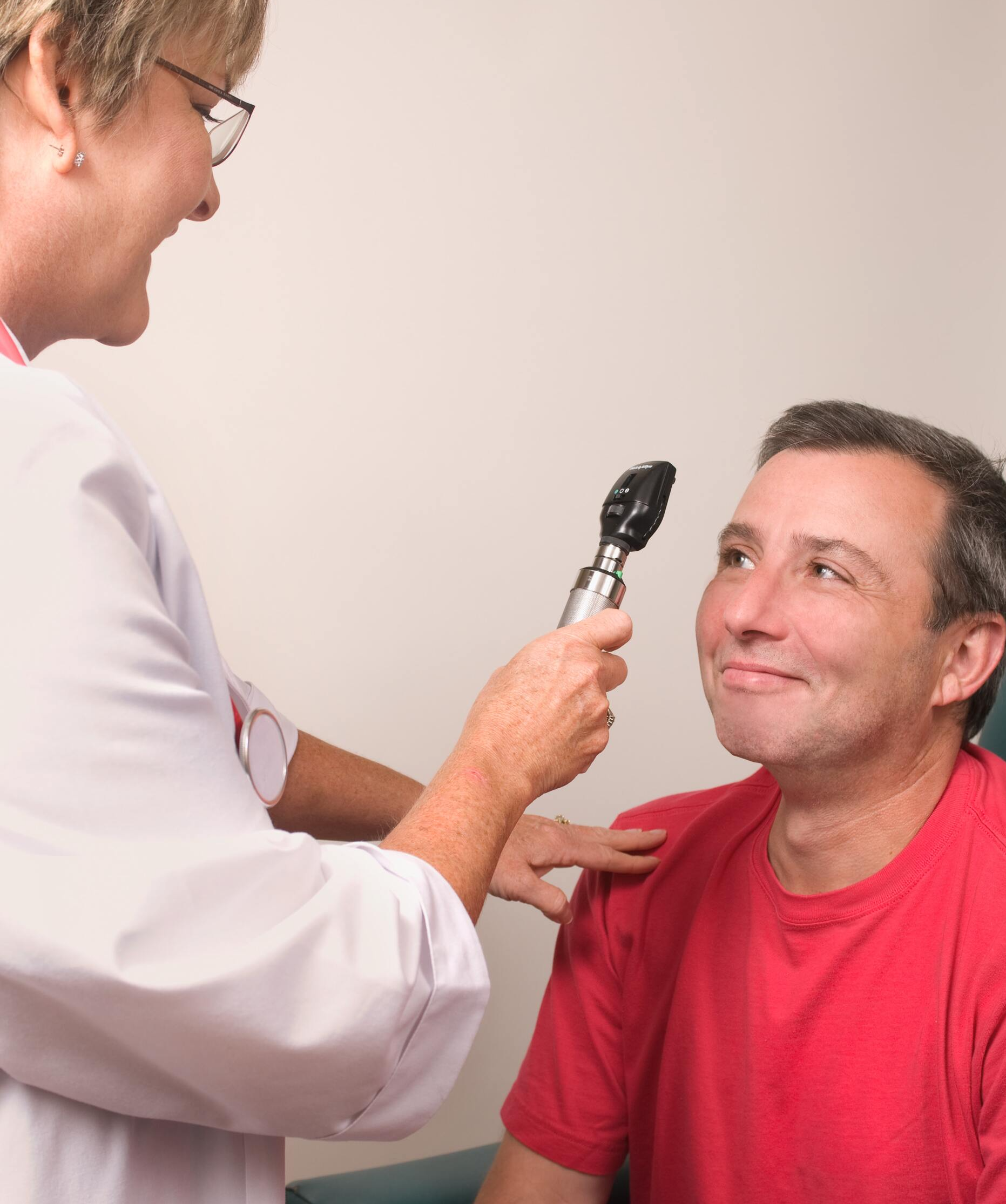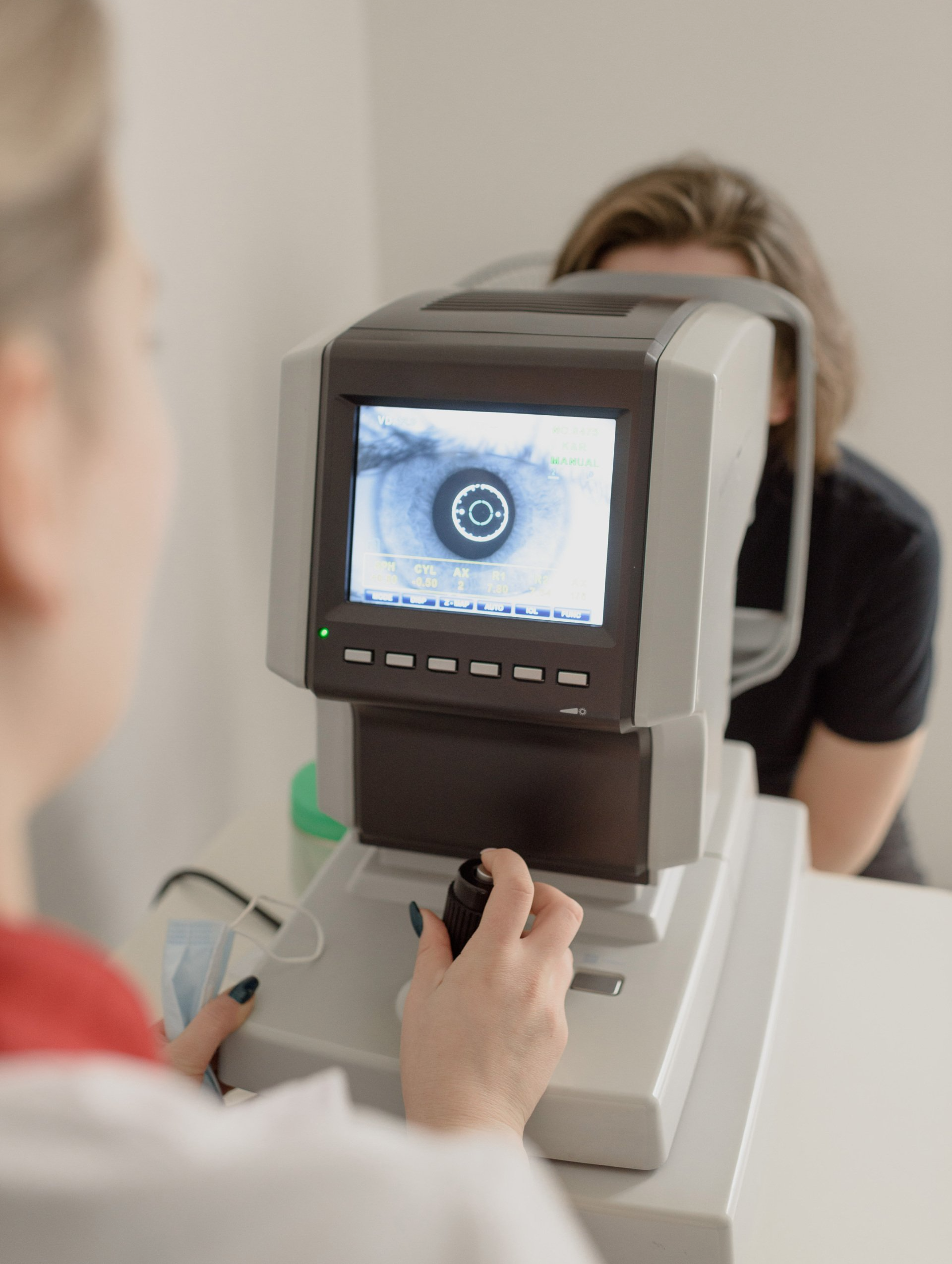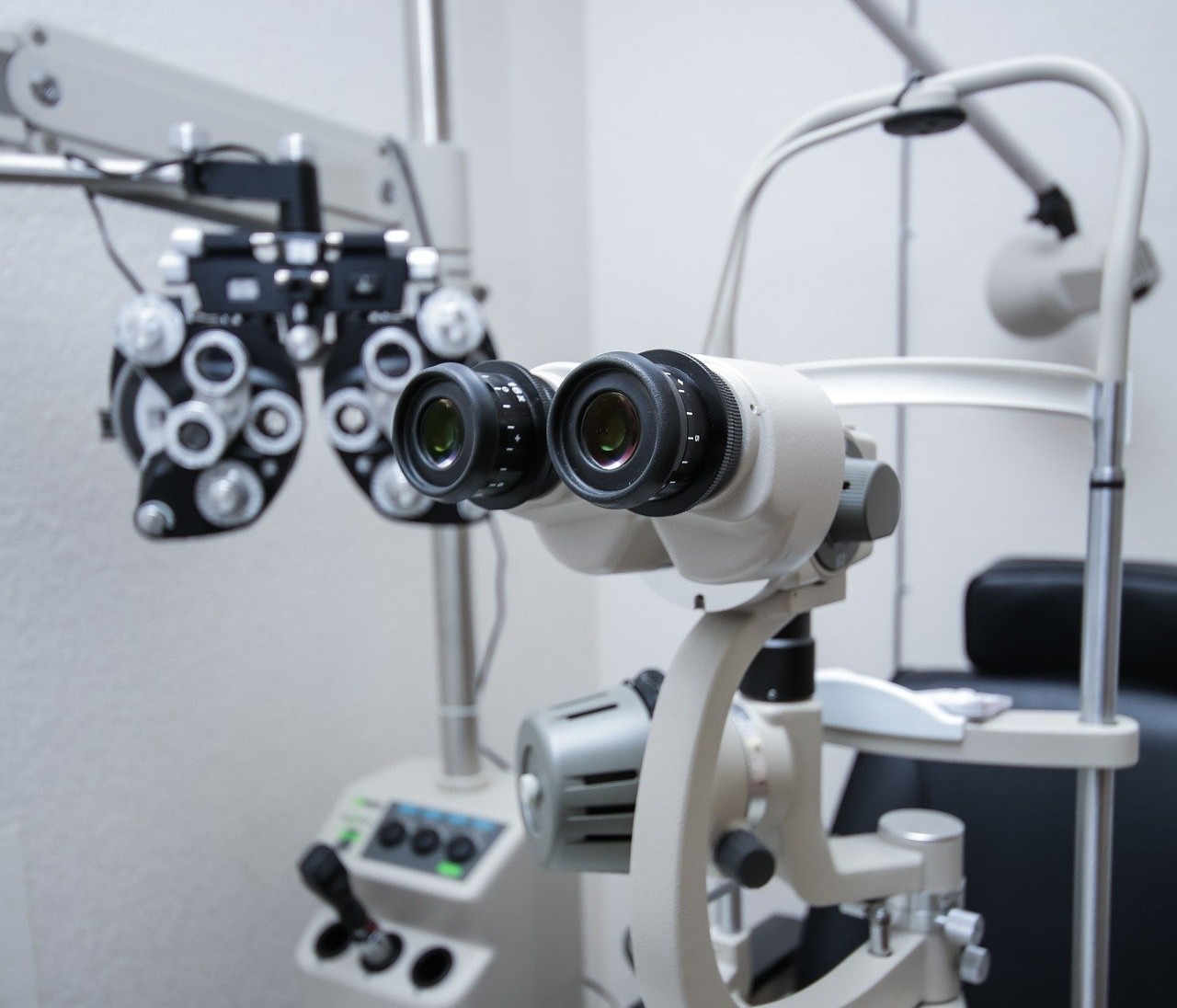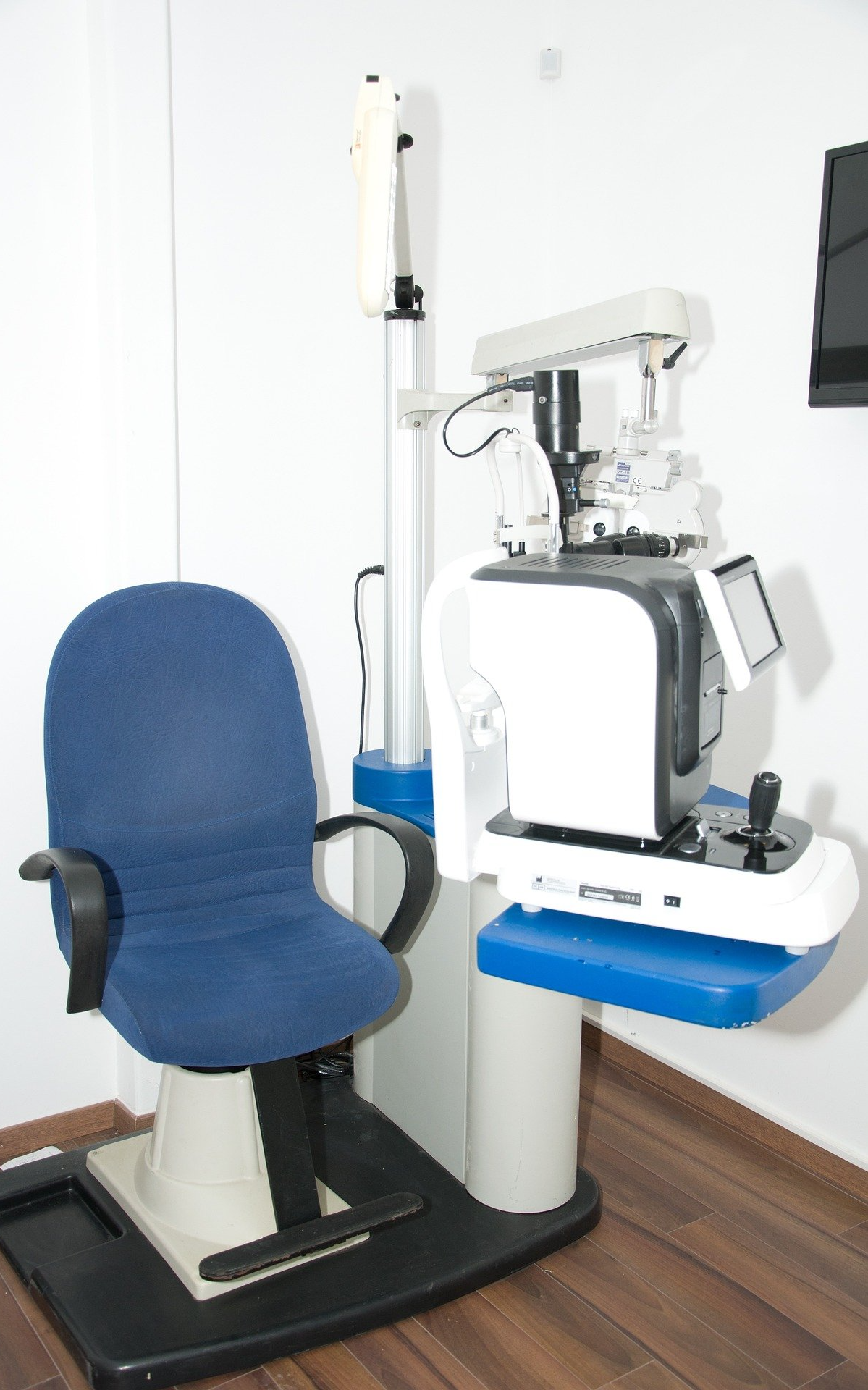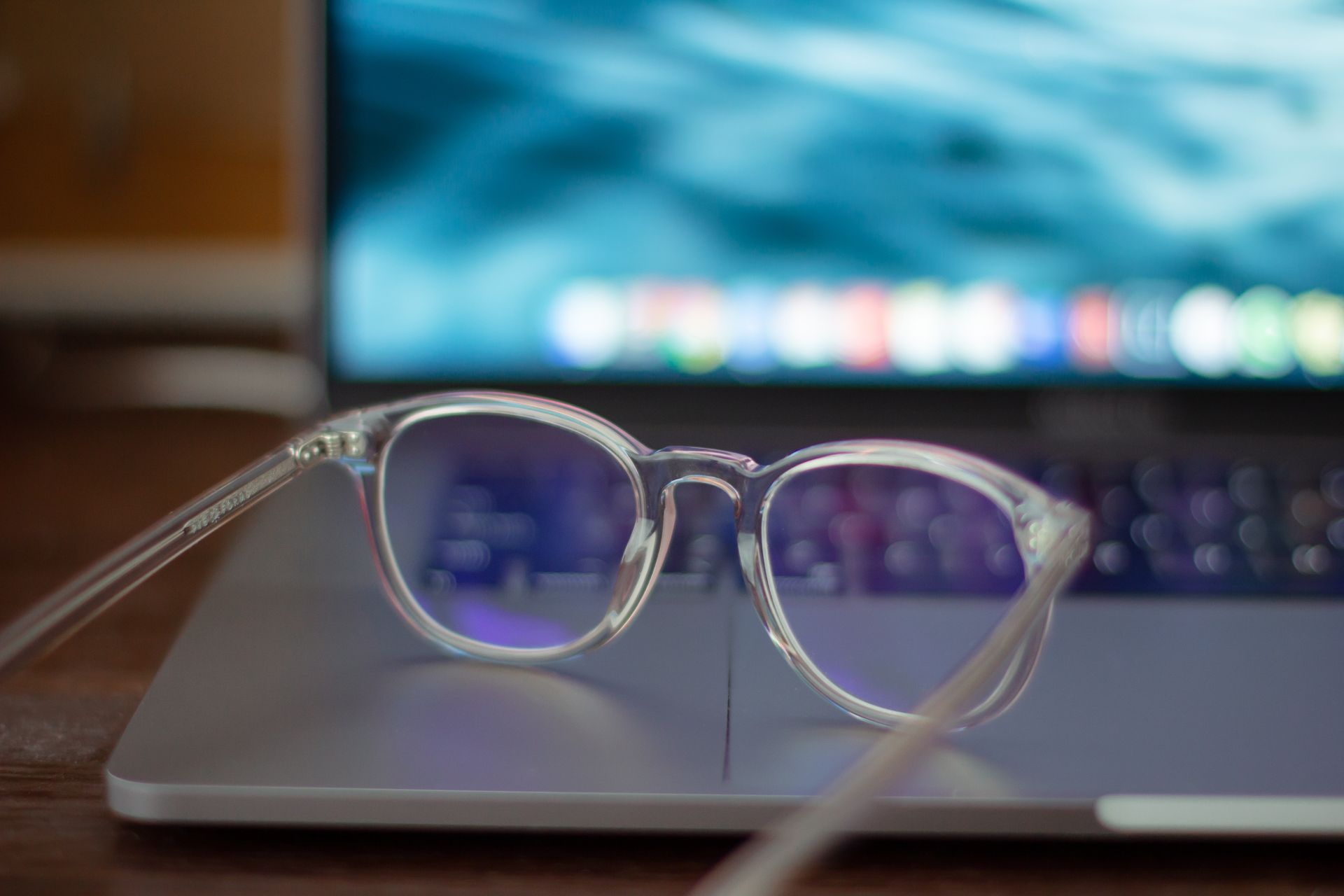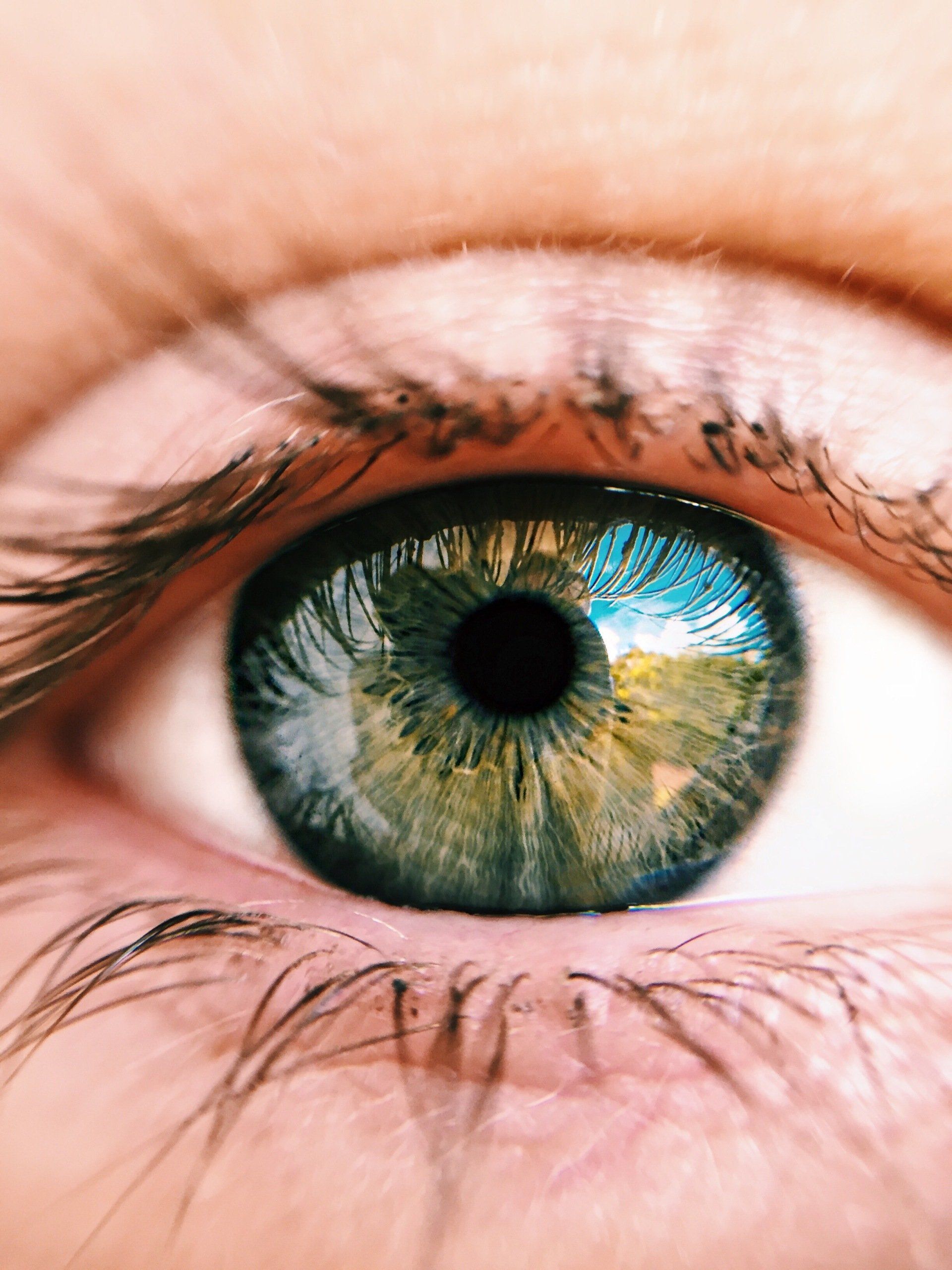Is It Time for an Eye Exam?
Your Vision is a Priority
Let’s start this off by saying that if you can’t remember your last eye exam, it’s time to get one scheduled as soon as possible. For the rest of us though, it can be difficult to know the telltale signs that you should have your eyes checked or the frequency with which you should get a check up.
We’ve compiled a guideline here to help you know when to get that appointment booked so that you won’t find yourself wondering, “Is it time for an eye exam?”
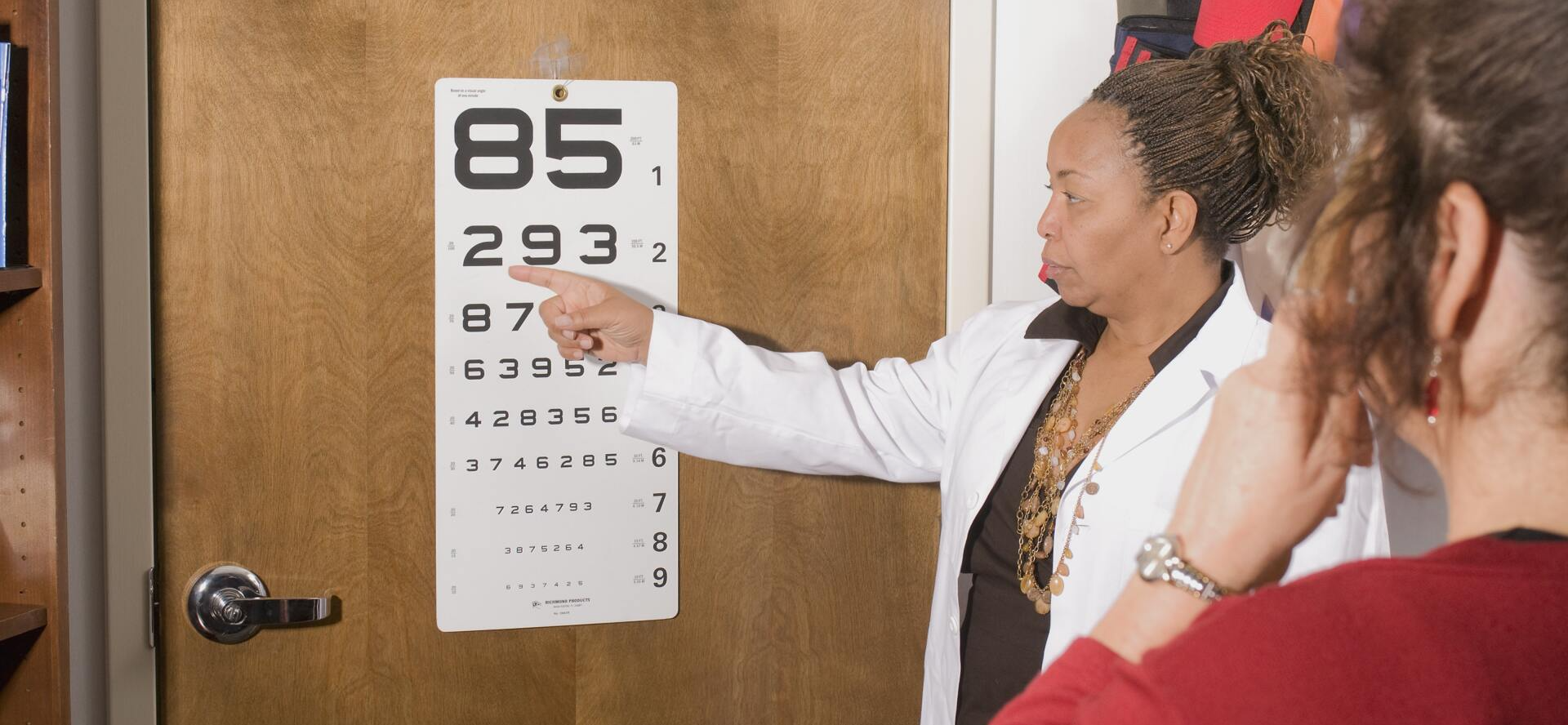
Frequency of Checkups Depends on Your Age
Vision deteriorates with age. There’s no way around that fact, but with regularly scheduled checkups you can ensure you’re getting the most out of your vision for the longest period of time. Accordingly, the frequency of your checkups will depend on your age.
Let’s start with the babies. You should have an eye examination for your infant within their first year. This will allow your doctor to catch any abnormalities and treat them accordingly. We recommend another checkup before they start first grade, and after that they should be fine every couple of years.
For healthy adults, use the following guidelines:
- 20-39 years old - Every five years
- 40-54 years old - Every 2-4 years
- 55-64 years old - Every 1-3 years
- 65 and up - Every 1-2 years
Keep in mind that this is just a general guideline and depending on your particular situation, you might need to go more or less frequently.

If You Have or are at High Risk or Having Vision Disease
You should do your best to learn your family history with disease so that you know what you are at the highest risk of developing. Try to find out if your family has a history of cataracts, diabetes, or glaucoma. Diabetic retinopathy in particular is one of the leading causes of blindness in the United States. Additionally, African Americans and Mexican Americans are at a higher risk of developing eye disease.
Many vision diseases are treatable if caught early enough, so if you are at particularly high risk, you should aim to have your vision checked more regularly than others.

If You are Experiencing Difficulty Seeing at Night
Any vision problems that you notice relating to the amount of light present is something that you want to watch for. In particular, if you are having
trouble seeing while driving at night this is something you should have addressed as soon as possible. It could be as simple as needing corrective lenses, or it could indicate that you have something else going on.
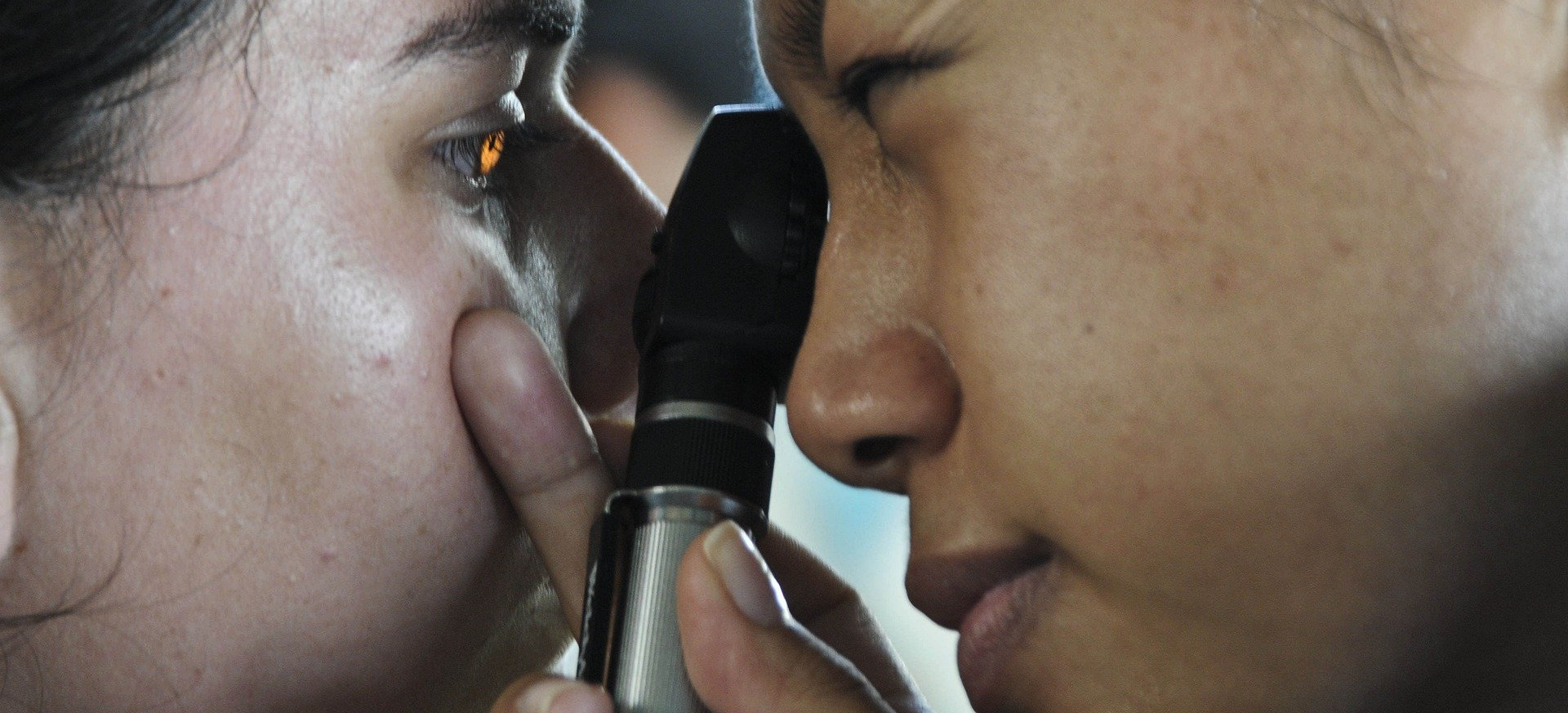
If You Have Blurred or Distorted Vision
While it’s normal for your vision to be temporarily blurred after waking up or if your eyes get wet, any amount of sustained blurriness or obstruction to your vision should be treated as a potentially serious issue. Once again, remember that most eye diseases can be treated or completely reversed if caught early enough, but preventative care is always preferable.
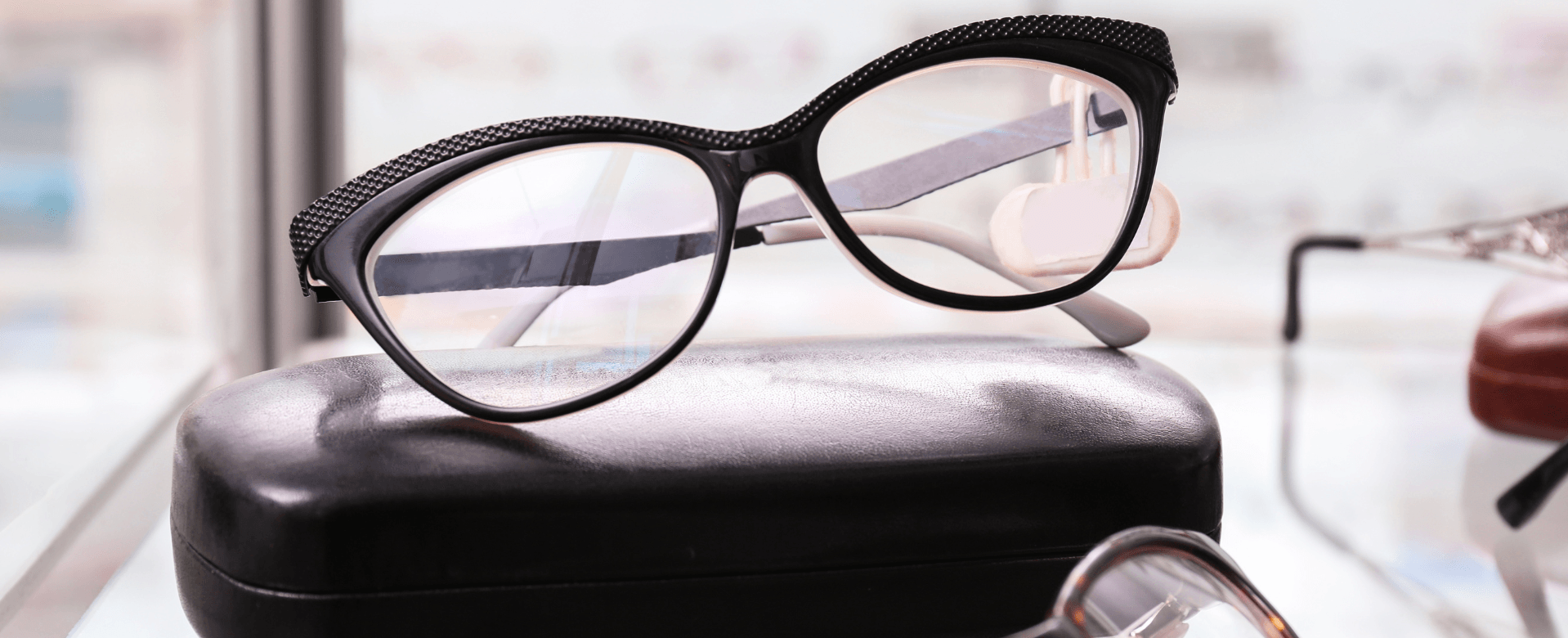
If You're in Pain
If you’re in pain, go to the eye doctor! Frequent headaches, especially after prolonged periods of time looking at a screen can indicate that your eyes are compensating for a vision problem. Likewise, any kind of sharp, stabbing pain in or behind your eyes should not be ignored. This pain means that something is wrong. Your eye could be inflamed due to infection, or it could indicate a more serious issue like glaucoma. In any case, if your eyes hurt you should see a doctor immediately.
We hope that these guidelines were helpful for you. Remember that everyone is different so you should factor in all of your own individual information in order to find a checkup schedule that works for you!
